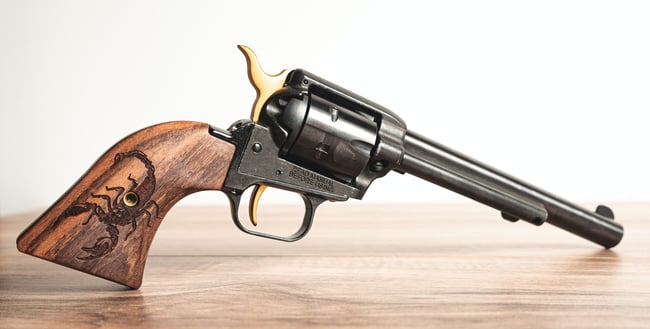Locked and Loaded Legacies: Estate Planning for Firearms
Deborah Howse-Rubenstein
12/21/20232 min read


If you are a firearm owner, your estate plan should include a careful consideration of the disposition of your firearms upon your death. Canada has stringent laws and regulations governing the ownership, possession, and transfer of firearms. Proper advance planning can ensure a smooth disposition of your firearms on your death. Below are key steps to take when planning for your firearms:
Understand the applicable firearms regulations: The Canadian Firearms Act governs the registration, possession, and transfer of firearms. Familiarize yourself with these regulations to ensure your estate planning aligns with its requirements.
Document your inventory: Create a detailed inventory of your firearms, including makes, models, serial numbers, and any associated accessories. You should also make note of where any ammunition is stored. Keep this list updated, and consider storing it alongside your will or other estate planning documents for easy access, together with any other paperwork relevant to your firearms.
Choose an appropriate execution: Your executor is generally allowed to possess firearms left in your estate for a reasonable period of time while the estate is being settled, even if they do not have a Possession and Acquisition Licence (PAL). However, if they are prohibited from possessing firearms, they cannot take possession of the firearms left in the estate. Although they can transfer them to someone who can lawfully possess them, it is advisable to consider an alternate executor in these circumstances. Discuss your firearms with your potential executor to ensure they are comfortable taking on this important responsibility.
Choose an appropriate beneficiary: Choose beneficiaries who are responsible and legally eligible to inherit firearms. Individuals who inherit firearms from an estate must be 18 years of age or older, and possess a valid PAL with the correct privileges. If the inheritor already holds a licence, the transfer is usually relatively straightforward. However, if the inheritor does not have a licence, they must obtain one before taking possession of the firearms. Discuss your intention to leave firearms with your potential beneficiaries.
Consider other options for your firearms: If you do not have an appropriate beneficiary, or your beneficiaries do not wish to inherit your firearms, your executor can sell or give them to an eligible person or business, export it to a country that allows it, get an approved gunsmith to deactivate it, or surrender it to a police officer or firearms officer for disposal. It is a good idea to give your executor discretion as to how to deal with your firearms upon your death.
Seek legal guidance: Given the intricate nature of firearm regulations, consulting with legal professionals specializing in estate planning and who have familiarity with firearms regulations is highly advisable. They can provide guidance tailored to your specific circumstances.
Disclaimer: The information provided on this website, including the content of our blog, is intended for general informational purposes only. It should not be construed as legal advice or a substitute for professional legal guidance. While we strive to provide accurate and up-to-date information, the law is constantly evolving, and the content on this website may not reflect the most current legal standards or interpretations. Consulting with a qualified lawyer is essential for addressing your specific legal concerns or needs. Your use of this website and its content is at your own risk, and we disclaim any liability for any actions taken based on the information provided herein
